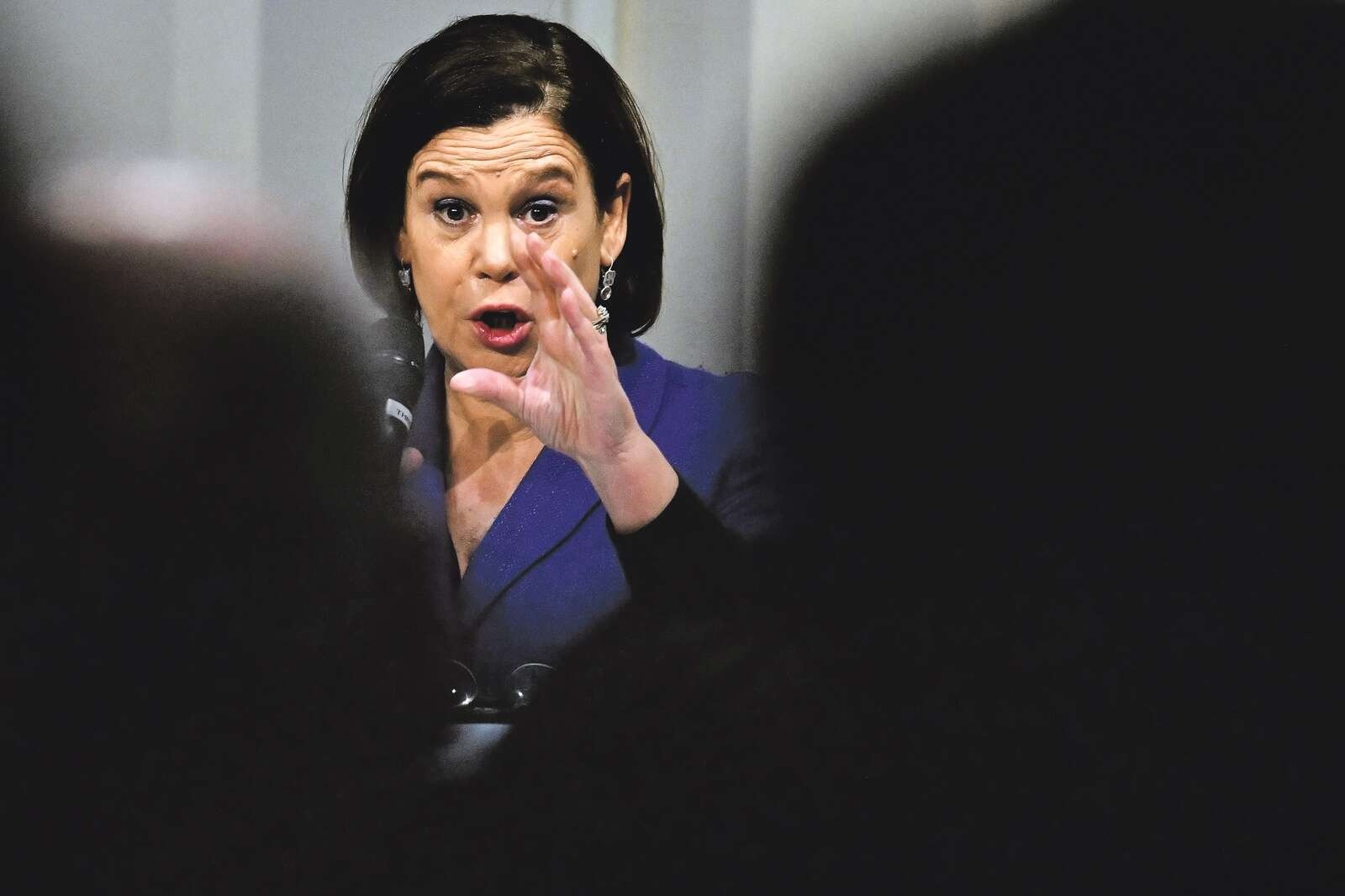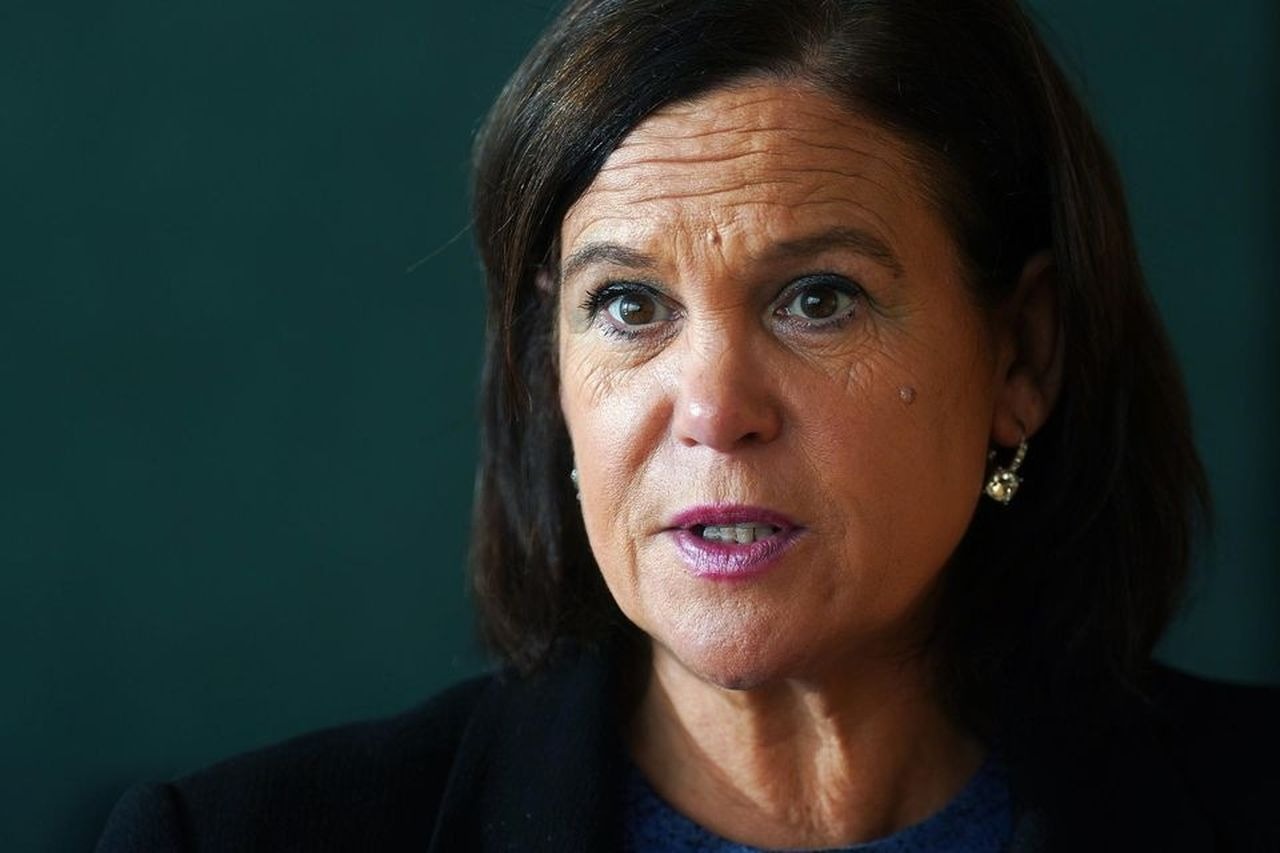Sinn Féin unveiled its alternative budget last October, with Pearse Doherty emphasizing fairness in taxation policy. The party proposed a €6.8 billion package aimed at investing in housing, healthcare, and alleviating the cost-of-living crisis, including measures such as mortgage interest relief and tax cuts.
However, recent documents from the Department of Finance and the Department of Public Expenditure and Reform (DPER) show a significant difference between Sinn Féin’s estimates and the actual cost to the exchequer.
For example, Sinn Féin estimated that not proceeding with a carbon tax increase in 2024 would cost €141 million in the first year. However, DPER calculated that not proceeding with two increases in May and October would cost only €47 million. Sinn Féin arrived at its figure by including last October’s carbon tax take of €94 million in its calculations.

Sinn Féin (Credits: Business Post)
One of Sinn Féin’s key proposals was an income tax package with tax cuts totaling €766 million. This included reducing the first rate of the Universal Social Charge (USC) from 0.5 percent to 0 percent, reducing the second rate from 2 percent to 1 percent, and increasing the entry point for the 4.5 percent rate of USC to €25,959.
The Department of Finance estimated that these changes would cost the exchequer €561 million in the first year and €645 million annually. Additionally, increasing each personal, employee, and earned income tax credits would cost €246 million in the first year and €277 million annually.
These discrepancies highlight the challenges in accurately estimating the cost of policy proposals and underscore the need for careful consideration and scrutiny in budget planning.























